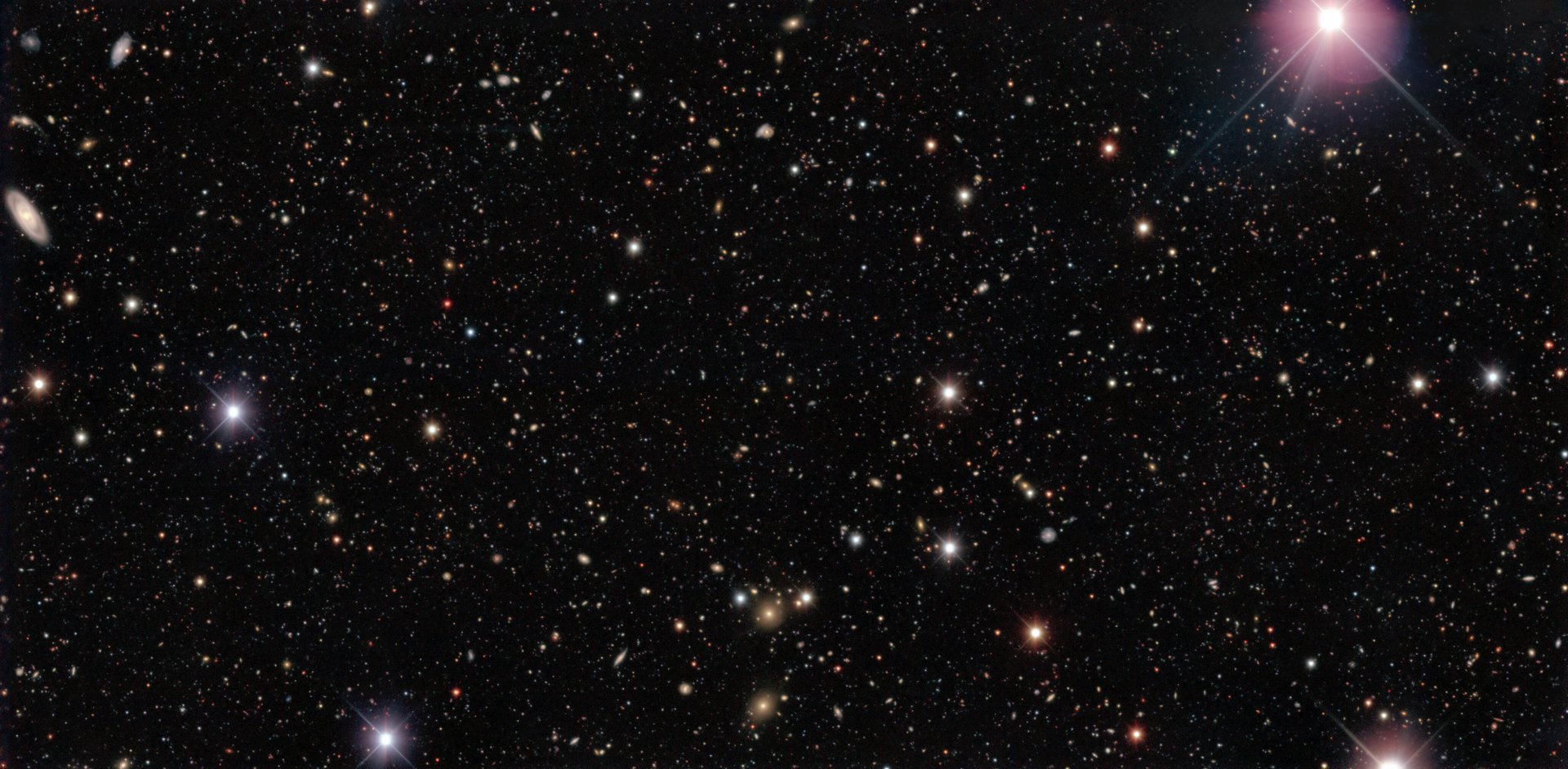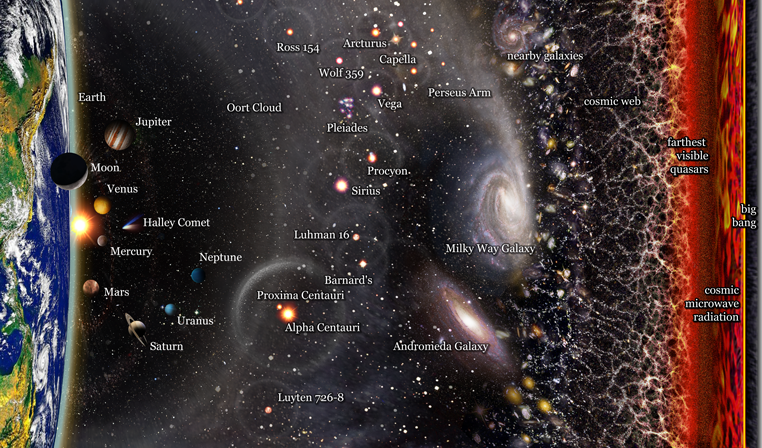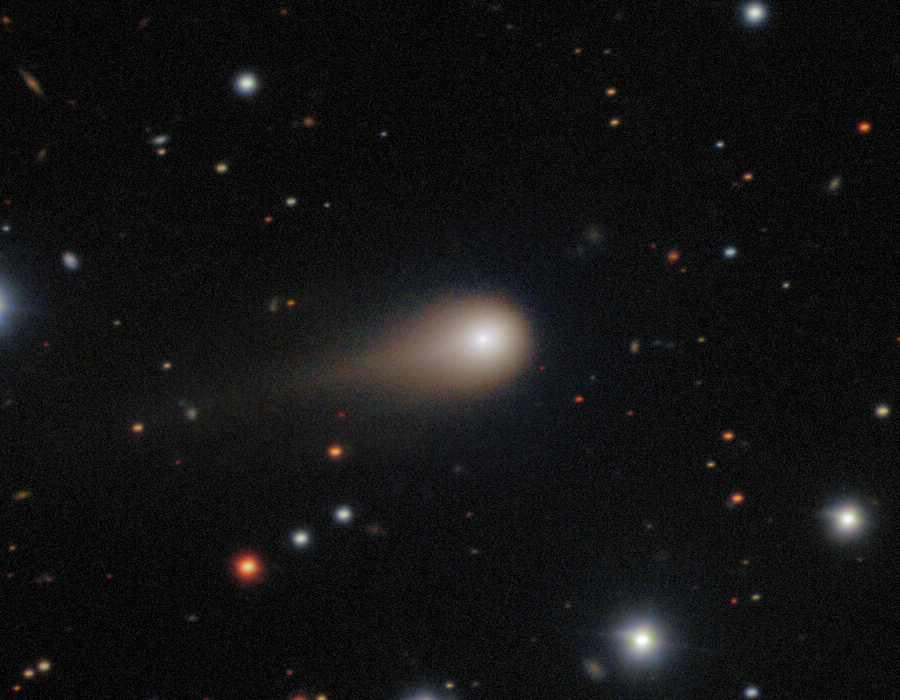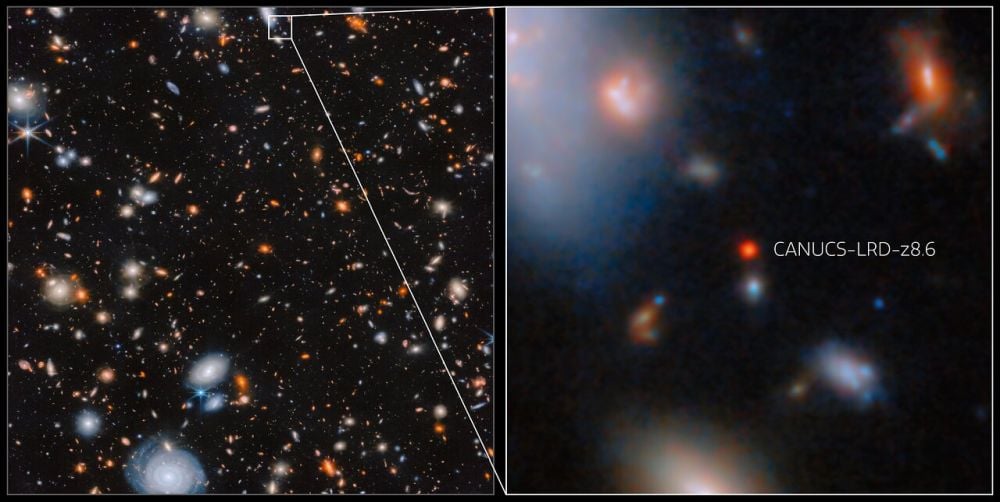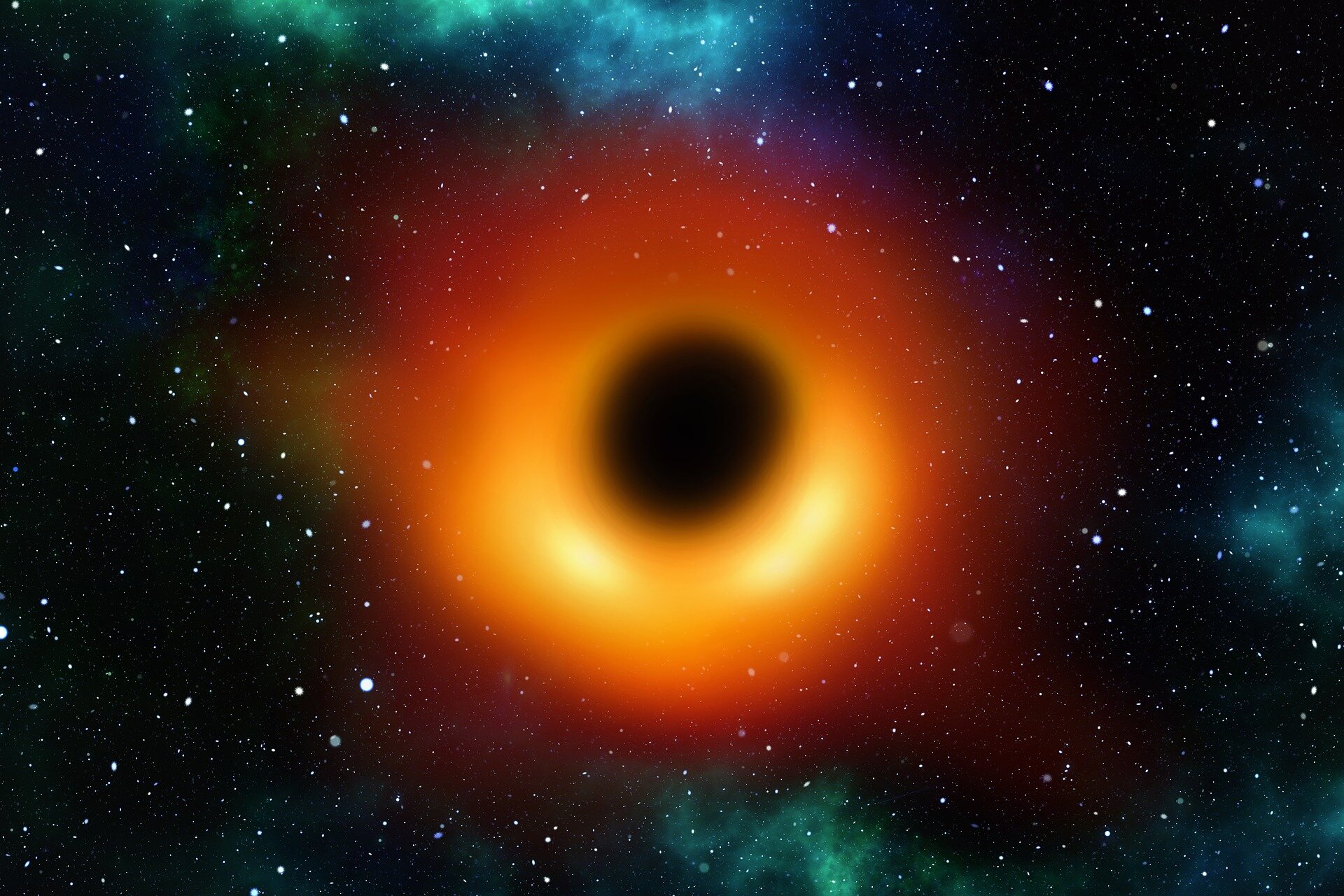Scientists from New York University Abu Dhabi (NYUAD) have uncovered new evidence that water once flowed beneath the surface of Mars, revealing that the planet may have remained habitable for
Universe Today25- Page
An expanding universe complicates this picture just a little bit, because the universe absolutely refuses to be straightforward.
I honestly don’t have a decent analogy for you to explain how the universe is expanding without a center and without an edge. It just does, whether we can wrap
Satellite megaconstellations are quickly becoming the backbone of a number of industries. Cellular communication, GPS, weather monitoring and more are now, at least in part, reliant on the networks of
Let’s start out with something that we can say for certain: we live in an expanding universe.
Travelling up from Mars’s equator towards its north pole, we find Coloe Fossae: a set of intriguing scratches within a region marked by deep valleys, speckled craters, and signs of
The Moon gains new craters all the time, but catching one forming is surprisingly rare. Between 2009 and 2012, something struck our celestial companion just north of Römer crater, creating
When an interstellar comet tears through our Solar System at 250,000 kilometres per hour, pinning down its exact trajectory becomes a race against time. ESA astronomers achieved something unprecedented in
Researchers using the NASA/ESA/CSA James Webb Space Telescope have confirmed an actively growing supermassive black hole within a galaxy just 570 million years after the Big Bang. Part of a
Observations of a merging black hole further supports the Area Theorem of black hole thermodynamics, which states that the event horizon of a black hole produced by two merging black
-
 01Two Black Holes Observed Circling Each Other for the First Time
01Two Black Holes Observed Circling Each Other for the First Time -
 02From Polymerization-Enabled Folding and Assembly to Chemical Evolution: Key Processes for Emergence of Functional Polymers in the Origin of Life
02From Polymerization-Enabled Folding and Assembly to Chemical Evolution: Key Processes for Emergence of Functional Polymers in the Origin of Life -
 03Φsat-2 begins science phase for AI Earth images
03Φsat-2 begins science phase for AI Earth images -
 04Hurricane forecasters are losing 3 key satellites ahead of peak storm season − a meteorologist explains why it matters
04Hurricane forecasters are losing 3 key satellites ahead of peak storm season − a meteorologist explains why it matters -
 05Thermodynamic Constraints On The Citric Acid Cycle And Related Reactions In Ocean World Interiors
05Thermodynamic Constraints On The Citric Acid Cycle And Related Reactions In Ocean World Interiors -
 06Binary star systems are complex astronomical objects − a new AI approach could pin down their properties quickly
06Binary star systems are complex astronomical objects − a new AI approach could pin down their properties quickly -
 07Worlds Next Door: A Candidate Giant Planet Imaged in the Habitable Zone of α Cen A. I. Observations, Orbital and Physical Properties, and Exozodi Upper Limits
07Worlds Next Door: A Candidate Giant Planet Imaged in the Habitable Zone of α Cen A. I. Observations, Orbital and Physical Properties, and Exozodi Upper Limits



